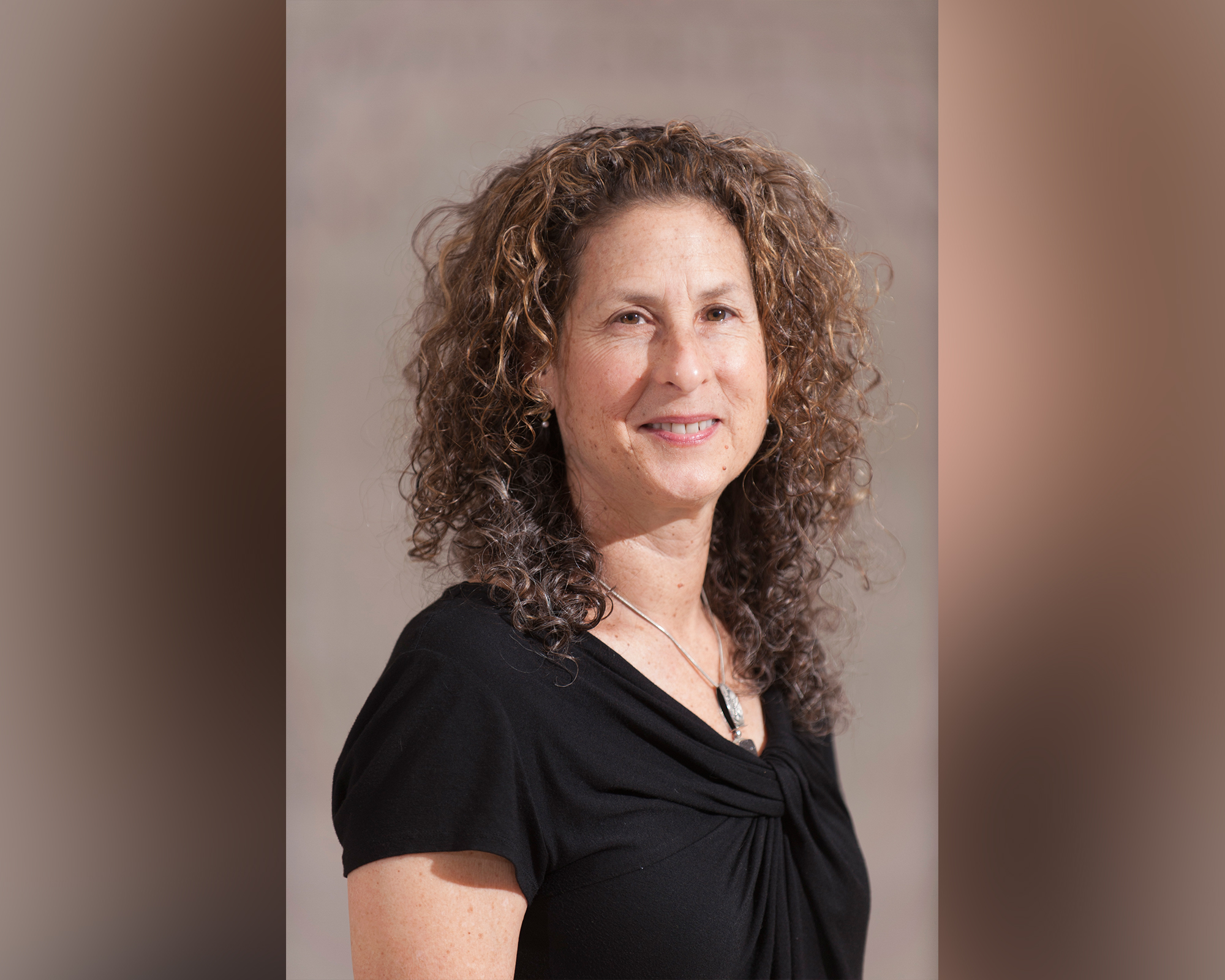Research from the University of Maryland shows that despite stereotypes of African-American men as aggressors in dating relationships, young black men seem to have a positive grasp on the characteristics of healthy teen dating relationships.
“Even in the professional literature, and certainly in the press and in the public domain, most of the way we frame issues of young black males is that they are perpetrators of violence and aggression,” said Donna Howard, a behavioral and community health professor. “But we don’t often invite their perspective and their lens.”
This study aimed to remedy that lack of perspective and make sure the voices of young black men were included in greater discussions on dating relationships and relationship violence, said Howard, one of the study’s co-authors.
Researchers conducted interviews with about 18 black teens and men between the ages of 13 and 21 from the Washington area with a focus on two main questions: What do adolescent male minorities see as the qualities of a healthy dating relationship, and what do they value in a healthy relationship?
Of the subject group, 50 percent were pulled from a Planned Parenthood youth program, 28 percent from a local high school and 22 percent from a neighborhood youth club. The median age of the adolescents who participated was 16.
“What we were fascinated to find out, is that adolescent minority males have a strong sense of healthy relationship characteristics,” said Irwin Royster, former director of the Planned Parenthood youth program and co-author of this study. “This showed us something different, what we were seeing with these males, than the way African-American males are typically talked about in.”
The results of the study demonstrated four themes that emerged as commonalities in what these young men valued in a “healthy relationship”: trustworthiness, communication, compatibility and respect. The study was originally published in the Journal of Child & Adolescent Behavior in November and was highlighted by the federal Family and Youth Services Bureau last month.
This challenged stereotypes typically ascribed to African-American male adolescents, who are commonly characterized as the perpetrators of teen dating violence, and how they approach romantic relationships, Howard said.
“This study [was about] adding their perspective in a very powerful way that speaks to their integrity and the importance of including their voices,” she said. “They had a lot of important, insightful things to add to the conversation … but we don’t usually get to hear them.”
Howard said she has always been passionate about this kind of research and about supporting efforts of positive youth development and empowerment. She said it is a social justice issue to work to debunk stereotypes.
“I believe the research is progressive,” said Claude John, a former undergraduate student in the public health school and another co-author of the study. “It allows us to further understand the dating dynamics among youth and adolescents while providing an insight into a population not much research has been done on.”
This study featured only a small sample size of male African-Americans and their perspectives, Irwin said, but it shows that they can provide useful, important insight on teen dating relationships. Their perspective should be part of the broader conversation around this issue, and it also shows there is a flaw in the way male African-Americans are typically viewed in context of relationships, he said.
“This study really brought out themes that we do not normally attribute to African-American males,” Irwin said. “I think it shows that Dr. Howard is on to something and we need to do more … to include African-American males in conversations about adolescent dating.”



